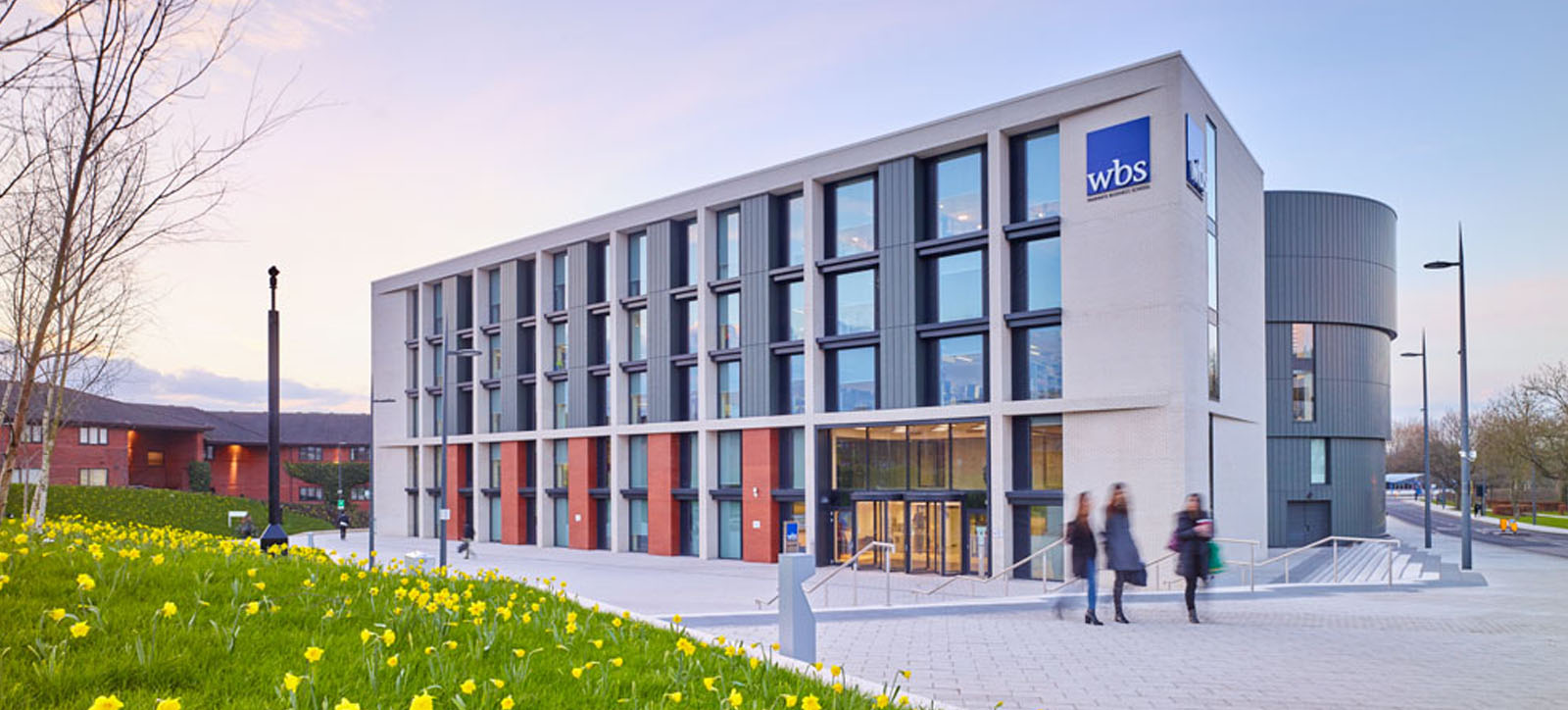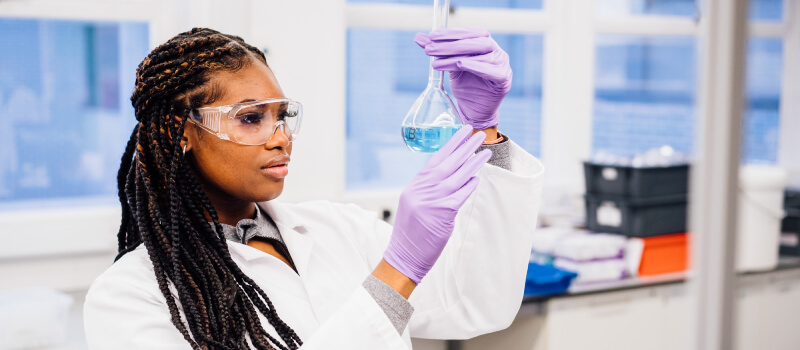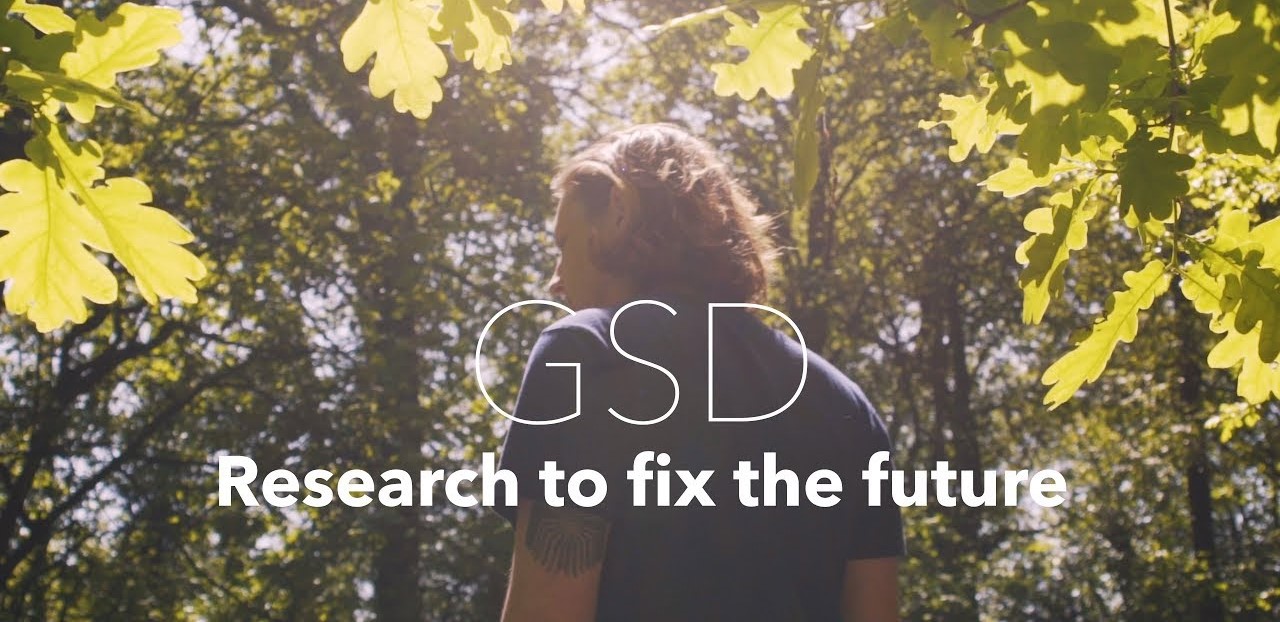Warwick ESD Spotlight
Warwick Business School
Working to support the integration of sustainability into every business, starting with our own School
'Sustainability isn’t a project, a programme or a function. It’s a far-reaching philosophy that affects everything we do. So becoming a sustainable organisation isn’t so much destination as a continuous journey. In WBS we have a long way to go, just as do the businesses we work with. But we’re committed to the journey, and I’m proud to be a small part of that.'
- Professor Hugh Wilson, co-chair, WBS Working Group on Social & Environmental Sustainability
'Our dedication to sustainable solutions extends beyond the classroom, as evidenced by our revamped undergraduate curriculum...This impactful work fosters a dynamic learning environment that integrates sustainability principles across the curriculum, ensuring our graduates are well-equipped to address the environmental challenges of tomorrow.'
- Dr. Tom Ritchie, Assistant Professor, Department of Chemistry
‘Empowering our students with ESD transcends traditional classroom boundaries. By integrating ESD into student activities, we're cultivating a generation of informed, responsible individuals ready to take on the world's sustainability challenges.
- Dr Lory Barile, Associate Professor, Department of Economics
Global Sustainable Development
Warwick’s Signature Programme Connecting Sustainable Development and Employability
'Work placements are a sustainable way to connect, educate and develop multiple stakeholders including students, external organisations, the University our staff as well as the wider community.'
- Bodrun Nahar, Employability and Placement Manager of GSD
School of Modern Languages and Culture
ESD in Intercultural Learning and Decolonising the Curriculum
'A degree in Modern Languages develops skills which are vital to addressing global challenges, notably critical thinking, global awareness and intercultural empathy. Students become highly effective communicators in multiple languages, with an ability to mediate between cultures with a sensitivity towards the perspectives of others and an appreciation of diversity.'
- Dr. Joanne Lee, Associate Professor, School of Modern Languages and Cultures





